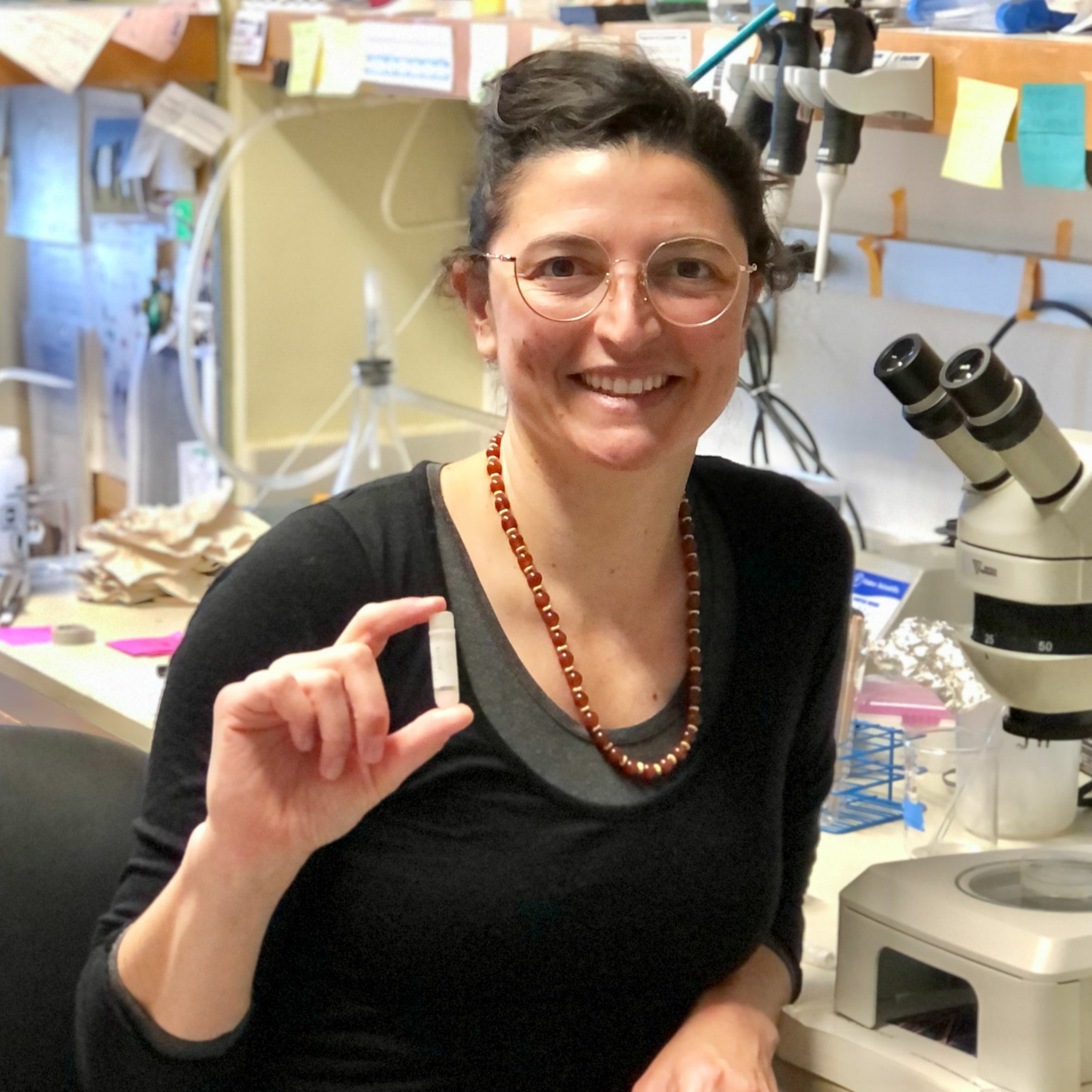A deeper understanding of how cancer cells communicate

What does studying how cells communicate in round worms have to do with cancer in humans? In order for cancer cells to multiply indefinitely and metastasize to another part of the body, they have to communicate with each other. Understanding how they do that is critical to developing the next generation of cancer therapeutics. As American Cancer Society grantee Theadora Tolkin, PhD, puts it, “The signals that cancer cells use to communicate with one another are exactly the same signals that our healthy cells use every day to keep us alive and well. The difference between healthy communication and communication that leads to cancer, however, may have to do with the levels of signal sent or received. Sometimes, a cell becomes a cancer cell because it stops listening to the cells around it. Other times, cancer gets started when a cell thinks it hears a signal that’s not there.” In this conversation, Dr. Tolkin helps us understand the signal that she’s studying, called Notch, and how problems with Notch signaling can lead to cancer in different ways. Theadora Tolkin, PhD, is a postdoctoral fellow at NYU Langone Health in the Skirball Institute of Biomolecular Medicine, in the lab of Jane Hubbard, PhD. 5:02 – Just a fantastic story about her unusual road to a career in science 10:42 – Why C. elegans, a round worm, is such a useful model system for understanding cancer 12:56 – Why it is particularly important to understand how/why/when cancer cells communicate 15:33 – On the critical cancer relevance of how proteins and chemicals used in communication are used to ‘signal’ from one cell to another and within individual cells 19:03 – On working towards a new understanding of cell communication 22:33 – “I think these are the biggest open questions when it comes to blood cancers…” 24:06 – How a deeper understanding of Notch is an important step towards better treatments for cancer patients 27:19 – How her American Cancer Society research grant application was selected by a donor group for funding and what it was like to find out that her work was funded 30:34 – How ACS funding has impacted her research and career goals 32:34 – A message for other women considering a career in science and bringing your whole self into the lab